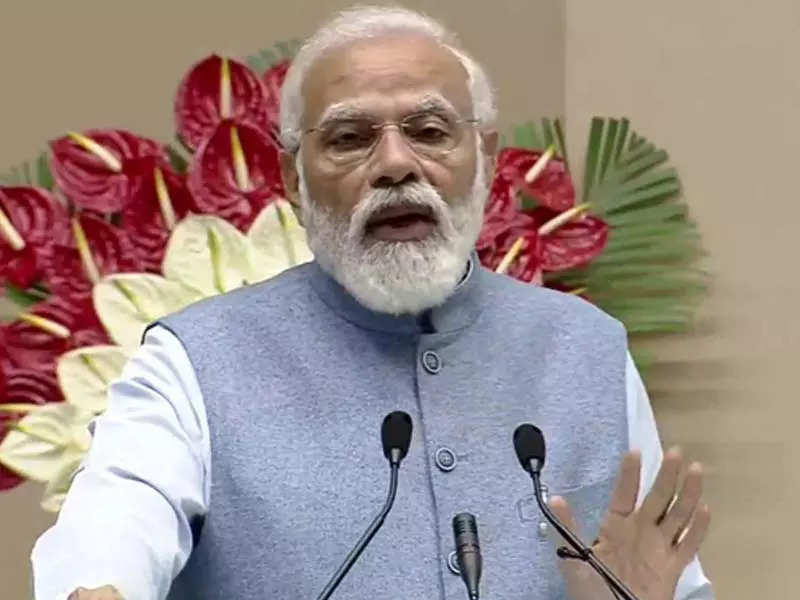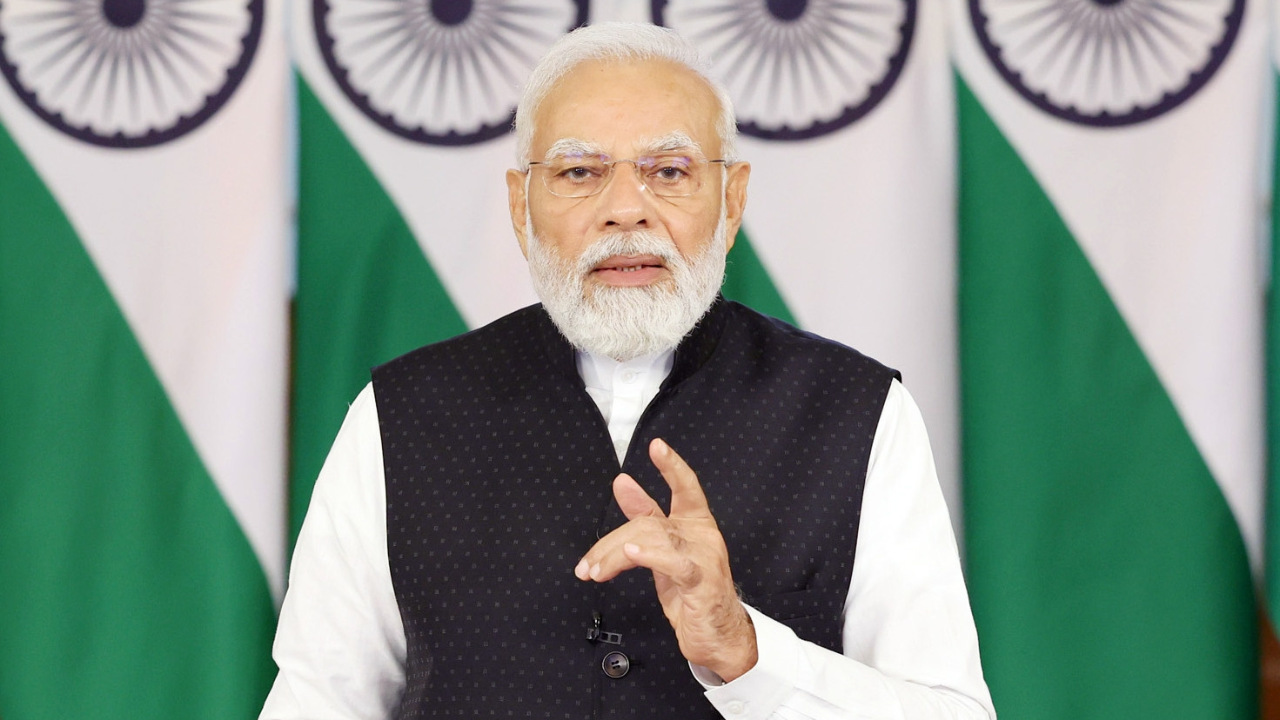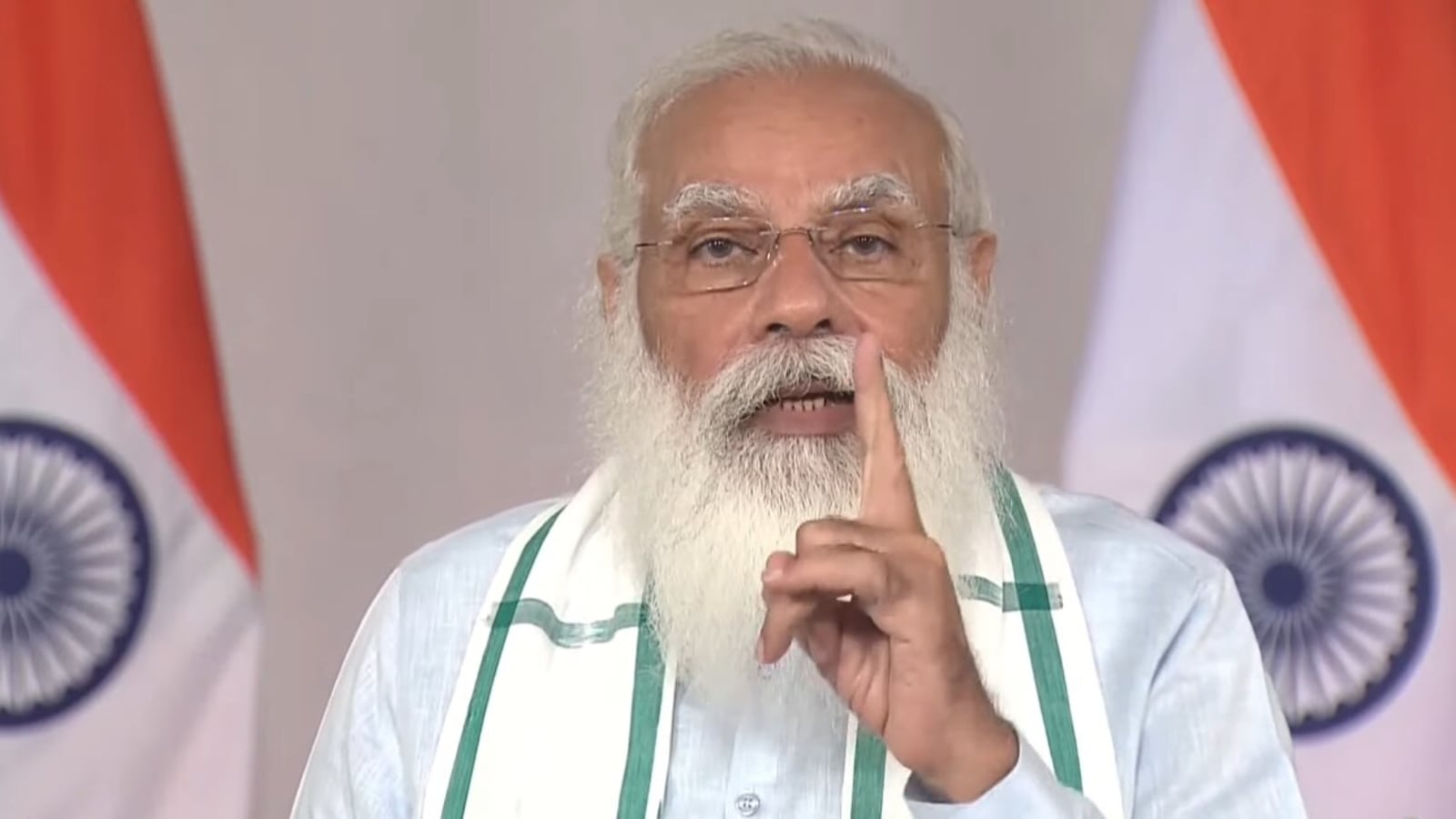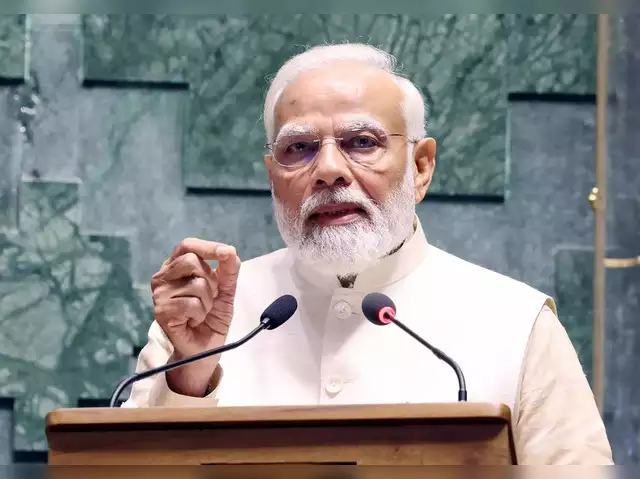New Delhi, India – On the occasion of World Environment Day, Prime Minister Narendra Modi delivered a powerful message emphasizing India’s unwavering commitment to both infrastructure development and environmental conservation. In his virtual address from New Delhi, PM Modi highlighted the repercussions faced by developing and underdeveloped nations due to the flawed policies implemented by some developed countries. He proudly declared that India stands alone in raising the critical issue of climate justice on the global stage.

PM Modi Champions Climate Justice and Environmental Focus on World Environment Day
Furthermore, PM Modi emphasized that India is making unprecedented investments in infrastructure while simultaneously prioritizing environmental preservation. He drew attention to the synergies between economic growth and ecological safeguarding, citing notable examples such as the expansion of 4G and 5G connectivity and the simultaneous increase in the country’s forest cover. Highlighting India’s commitment to social welfare, Modi mentioned the construction of 40 million (4 crore) houses for the poor, as well as the significant rise in the number of wildlife sanctuaries and the thriving wildlife population in the country.

PM Modi highlighted the impact of Mission LiFE (Lifestyle for Environment), a public movement aimed at raising awareness and fostering sustainable lifestyle changes to combat climate change. Introduced during the UN Climate Conference (COP26) in Glasgow in 2021, the mission gained immense popularity, with nearly 20 million people joining within 30 days of its launch. Modi emphasized that the consciousness towards climate change extends beyond India, with global support for the initiative steadily increasing.
This year’s World Environment Day focused on the campaign to eliminate single-use plastic. PM Modi underscored India’s efforts in this regard, initiating a two-pronged approach in 2018: banning single-use plastic and making plastic waste processing mandatory. These measures have resulted in the compulsory recycling of approximately 3 million tonnes of plastic packaging, which accounts for 75% of the total annual plastic waste generated in the country.

India’s PM Modi: Championing Climate Justice and Sustainable Development on World Environment Day
Union Environment Minister Bhupender Yadav highlighted India’s constructive participation in developing a zero draft for an international legally binding instrument to combat plastic pollution, particularly in marine environments. India played an active role in the second session of the Intergovernmental Negotiating Committee (INC), held in Paris and concluded on June 2. The committee’s objective is to negotiate a legally binding
 treaty on plastics, with the goal of developing the final draft and opening it for ratification by 2025. India’s proactive stance on prohibiting the use and production of single-use plastic sets an exemplary precedent in the global efforts to eliminate plastic pollution.
treaty on plastics, with the goal of developing the final draft and opening it for ratification by 2025. India’s proactive stance on prohibiting the use and production of single-use plastic sets an exemplary precedent in the global efforts to eliminate plastic pollution.
In conclusion, PM Modi’s address on World Environment Day reaffirmed India’s commitment to climate justice, sustainable development, and environmental conservation. With a comprehensive approach that balances infrastructure development with ecological responsibility, India stands as a global leader in tackling climate change and spearheading initiatives that promote a greener and more sustainable future for all.

